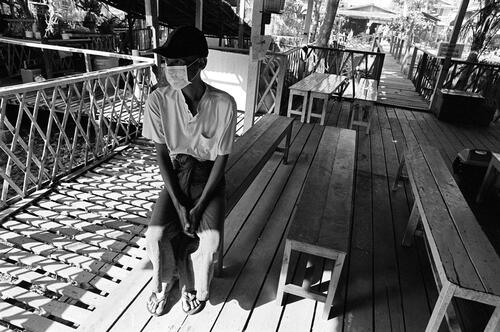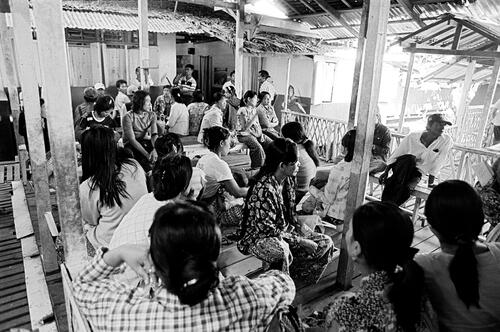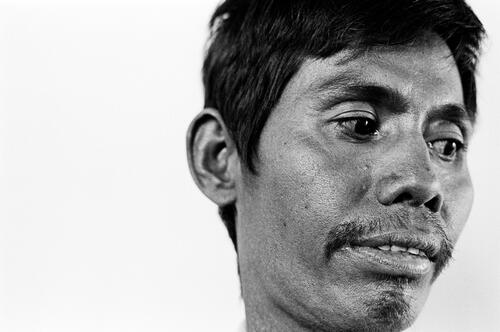The Rohingya people of Rakhine State are considered outsiders and have been persecuted by the government of Myanmar for decades. Denied citizenship, they are essentially stripped of any rights making them easy targets for systematic discrimination and abuse, which severely impact on their health and quality of life.
Rohingya are susceptible to extortion and humiliation and targeted by prejudiced policies which restrict movement, religious practice, marriage, land access and ownership and access to education and jobs. In particular, marriage restrictions and their implications have a severe impact. They are one of the main reasons people flee Myanmar and the reason why so many women have unsafe and illegal abortions.
The results of a recent reproductive health survey show that an alarming number of women, fearing the repercussions of unauthorized childbirth, resort to illegal abortions using highly risky techniques.
As refugees in Bangladesh they are often unwelcome and face further abuse and exploitation. Regarded as “illegal migrants” they remain unregistered and unprotected, and are subject to high levels of exploitation, extortion and harassment. Malnutrition, an indicator of general vulnerability, is a particular concern in Kutupalong makeshift camp, where thousands of Rohingya desperately seek refuge.
The results of a recent survey show above emergency thresholds for malnutrition primarily affecting children, a trend that has not changed significantly in the past year.
MSF releases the a briefing paper, Fatal Policy: How the Rohingya Suffer the Consequences of Statelessness, which outlines the impact of this exclusion.





